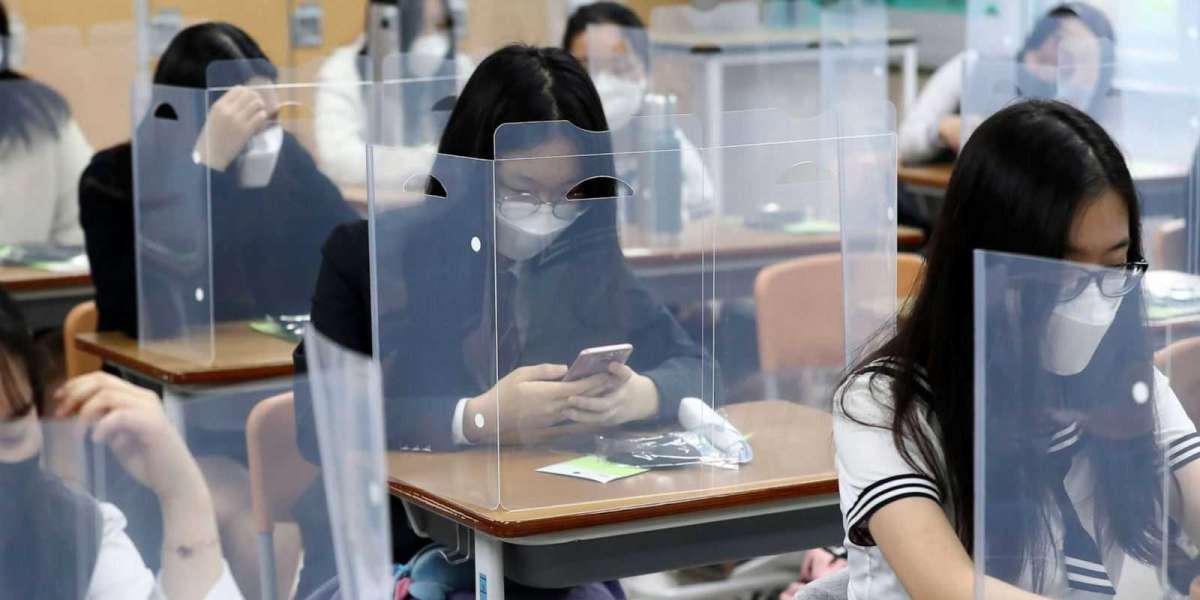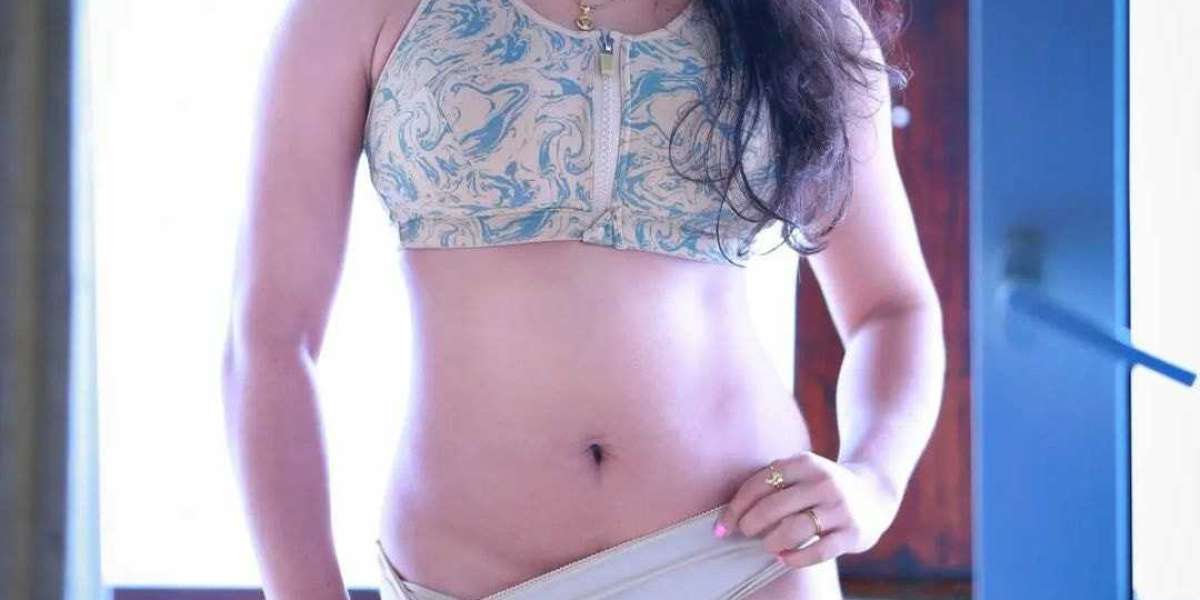The Ministry of Education on Wednesday softened its criteria for school students' COVID-19 testing, stating that kids should do two fast antigen tests each week instead of the previously suggested three.
School testing kits will be provided by the ministry, but the tests will not be required and schools will be allowed autonomy in implementing steps to prevent the spread of the virus, according to a statement from the ministry.
The move comes just a few days after allegations surfaced that COVID assessments might be made mandatory for pupils, prompting widespread criticism of the government.
The ministry will deliver 60.5 million fast antigen testing kits to 6.92 million children and staff members in kindergartens, elementary, middle, and high schools, as well as community colleges.
From the fourth week of February through the final week of March, the testing kits will be delivered at no cost to participants. Two kits per week will be provided to students by the ministry, and one kit per week will be provided to faculty members by the ministry.
Students are currently utilizing a self-diagnosis application on their mobile phones to record and exchange information about their health with their schools, according to the National Center for Health Statistics. The ministry plans to upgrade the app to add a feature that will allow students to share the results of their tests with their classmates.
It is possible that pupils will be asked to take a polymerase chain reaction test at one of the neighboring public health clinics if they test positive.
Yoo Eun-hye, Minister of Education, stated during a press briefing held at the governmental complex in Sejong on Wednesday that "students would not be barred from attending school because they did not update their apps or did not test themselves."
"This is not a requirement or an obligation. Students will be permitted to attend school without being subjected to testing," Yoo stated. In order to promote autonomous infectious disease prevention and control, schools are required to give free test kits. We will urge that pupils do their own tests."
Approximately 10 percent of the overall student population will be provided with additional test kits at each school, for individuals who need to retest themselves or for those who need to be tested after having come into close contact with a confirmed case while at school.
Every Friday, the kits will be delivered to the students. Students are encouraged to put themselves through their paces on Sunday and Wednesday evenings, according to the ministry.
'We will verify the kit supply and the circumstances regarding infectious disease management in the second week of March and publish the preparations for April,' said Ryu hye-suk, director-general of the Ministry of Education's Student Support Bureau.
Meanwhile, Yoo reiterated that the "normalcy attendance" requirement will remain in effect for the upcoming semester. Whenever more than 3 percent of pupils are confirmed to have COVID-19 in a single day, or if the number of students who have been barred from attending courses exceeds 15%, schools will transition to a hybrid model that includes both online and offline lessons.
In the past two years, youngsters have been restricted in their ability to form social interactions with their peers. "There is a severe deficit," Yoo stated. "Even though it will be challenging and unpleasant, we want to prepare for the upcoming semester by working together."



